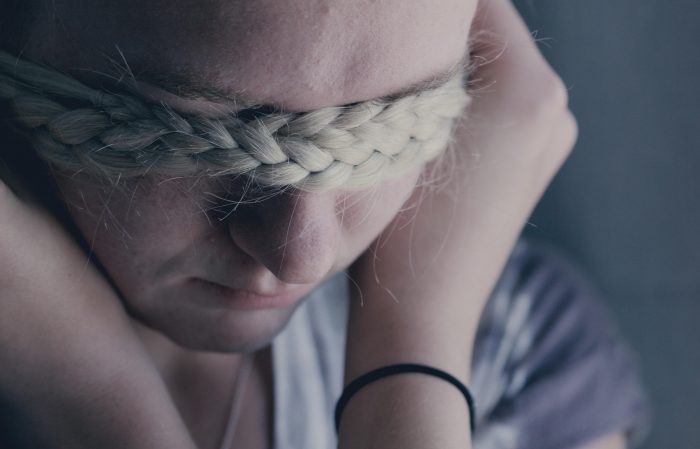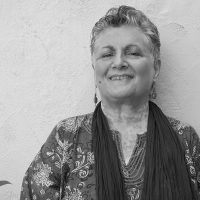Having been in lock down since the third week of March, I am calm and reflective.
Much of this is due to my practice of the teachings of the Buddha. I am not, however, a Buddhist scholar, and have not read Buddhist texts carefully. But that is the beauty of what the Buddha preached.
Practice is what he said.
The first practice is the practice of mindfulness, which means (at its simplest best) living in the present moment. Not in the past, not in the future, but in this moment.
Mindfulness means reminding myself all the time, with every breath, that I am alive. It means being present to the task at hand. When I cook, I focus on the cooking, not the phone call I didn’t make. When I brush my teeth, I focus on that, and not what the day ahead may hold for me.
I’ve learned that the essence of the mindfulness practice is the breath. Not controlling it, but being aware of it. For example, saying to myself while breathing in, I am aware of my body, and while breathing out, smiling to my body.
For decades, I have ignored and abused my body, working long hours, and neglecting my diet or my fitness. I have long taken it for granted.
This practice of awareness and appreciation of the body helps me come back to it and to relax and calm the mind, which is ever-active with thousands of thoughts. It helps me to be more peaceful.
These days, many of us are preoccupied with worries surrounding the coronavirus. Will I get the virus? Will I die? If I am alive and survive the virus, will my life be the same again? What will I have to give up? These and other such questions arise in response to our fear of the future and our belief that things in our lives are permanent, or under our control—thoughts directly related to the Buddhist concept of impermanence.
“Someday when we die, we will lose all our possessions, our power, our family, everything. Our freedom, peace and joy in the present moment is the most important thing we have. But without an awakened understanding of impermanence, it is not possible to be happy.” ~ Thich Nhat Hanh, No Death, No Fear: Comforting Wisdom for Life
When I look around, I see impermanence everywhere: a flower blooms and dies; new leaves sprout on trees, grow, die, and drop to the ground; children turn into adolescents and then adults; seasons come and ago. I change, every day. I am no longer the person that I was just yesterday.
Several of my friends and acquaintances have been infected by COVID-19. I am, at my age and with my history as an asthmatic, at-risk. However, I try to stay positive, live mindfully, and believe that should I contract the virus, so be it. I will deal with it.
I am not afraid to die. I am not permanent. Nothing is permanent.
So as I practice mindful breathing, it helps me to touch in with things, and to look deeply at their impermanent nature. This practice keeps me from complaining when things suddenly change; it keeps me from sometimes feeling that those things that might change are not worth living for.
Impermanence is what makes transformation possible. And in a way, doesn’t that make everything worth it?


 Share on bsky
Share on bsky





Read 4 comments and reply